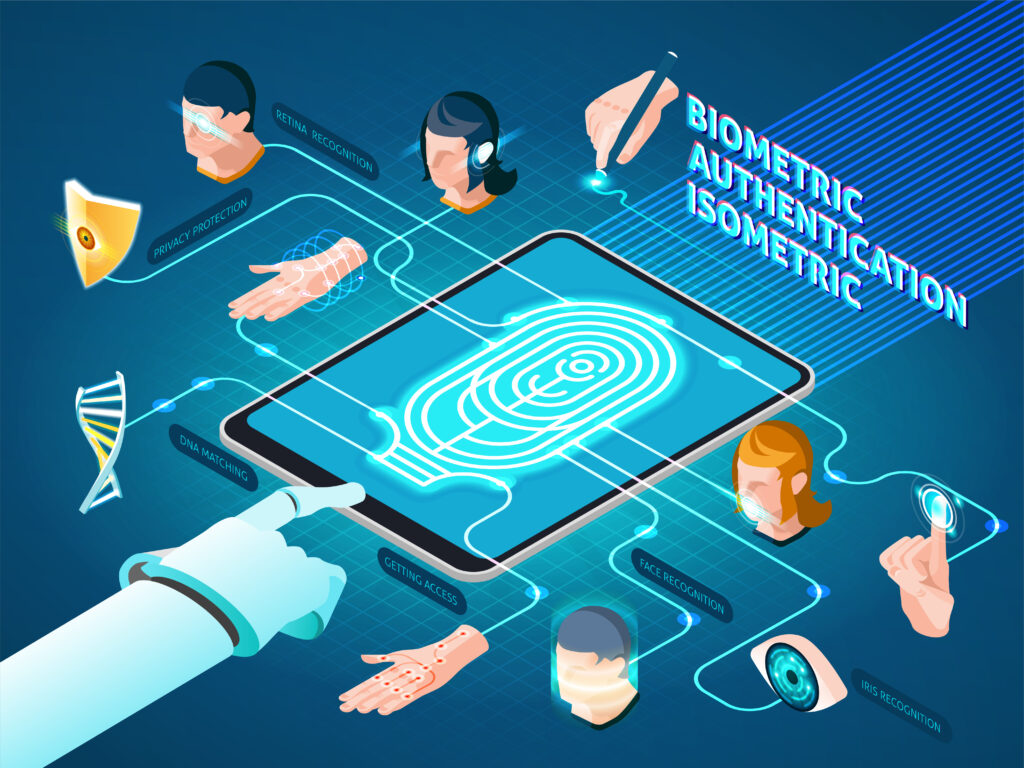Fingerprint locks on smartphones have become a popular method of securing personal devices in recent years. While they offer convenience and a sense of modern security, it’s essential to critically examine their limitations and potential risks. In this article, we’ll explore three compelling reasons to think twice before relying solely on fingerprint locks for your phone’s security.

1. Limited Security Depth
While the idea of using your unique fingerprint as a lock mechanism seems foolproof, it’s important to acknowledge the limitations. Fingerprint recognition technology primarily relies on surface-level features of your fingerprint, which can lead to vulnerabilities.
Spoofing: Hackers have demonstrated the ability to create synthetic fingerprints using easily accessible materials like Play-Doh, glue, or even high-resolution photographs. These synthetic fingerprints can trick fingerprint sensors, granting unauthorized access to the device.
Partial Matches: Fingerprint sensors might sometimes grant access to similar-looking prints, causing false positives. This means that someone with a similar fingerprint pattern could potentially unlock your device.
Wear and Tear: Over time, your fingerprints can wear down or change due to factors such as age, skin conditions, or injuries. This can result in decreased accuracy or even failure to recognize your fingerprint.
2. Irreversible Identity Theft
Unlike passwords or PINs, which can be changed if compromised, your fingerprint is a permanent and irreplaceable biometric identifier. If your fingerprint data is stolen, it can have far-reaching consequences.
Data Breaches: In the past, several high-profile data breaches have exposed personal data, including biometric information. Once your fingerprint data is compromised, it cannot be reset or changed.
Wider Implications: Fingerprint data stolen from your phone could potentially be used for identity theft in various contexts, such as accessing financial accounts, committing fraud, or even gaining physical access to secure locations.
Privacy Concerns: Storing your fingerprint data on a device or server raises concerns about its misuse or unauthorized access. There’s always a risk that companies could mishandle or sell your biometric data without your consent.
3. Lack of Legal Protections
Surprisingly, there are fewer legal protections around biometric data compared to other forms of sensitive information.
Regulations Lagging Behind: While data protection regulations are gradually catching up, laws specific to biometric data are not as robust as those governing other personal information.
Potential for Misuse: The use of fingerprints for authentication can be problematic if law enforcement authorities or other entities compel you to unlock your phone without your consent. Legal gray areas exist concerning the rights and protections surrounding biometric authentication.
Tips for Enhancing Phone Security
While fingerprint locks can offer a layer of convenience, it’s wise to supplement them with additional security measures to better protect your device and data:
Strong Password or PIN: Consider using a strong, unique password or PIN in conjunction with your fingerprint lock. This provides an extra layer of security that’s not solely reliant on your biometric data.
Two-Factor Authentication (2FA): Enable 2FA on your phone whenever possible. This involves providing a second piece of information, like a verification code sent to your email or another device, in addition to your fingerprint.
Regular Software Updates: Keep your phone’s operating system and security software up to date. Manufacturers release updates to address vulnerabilities and improve security.
Encryption: Enable device encryption to secure the data stored on your phone. This ensures that even if someone gains physical access to your device, they won’t be able to access your data without the encryption key.
Conclusion
While fingerprint locks offer a convenient way to secure your smartphone, it’s crucial to recognize their limitations and potential risks. Relying solely on this method of authentication can leave you vulnerable to hacking, identity theft, and legal ambiguities. By understanding the broader implications and taking steps to enhance your phone’s security, you can strike a balance between convenience and safeguarding your sensitive data.